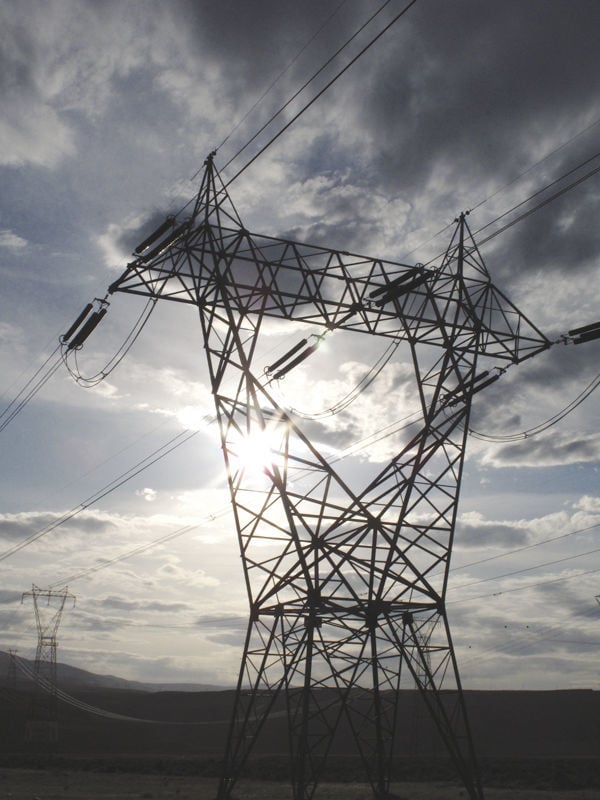
Rocky mountain power net metering code#
Those interested in participating can access the virtual public workshop by going to: and entering Meeting Number 1 and password nRcKSZZw688.Īlternatively, customers can join by phone by dialing 1-40 and entering access code 1. The study review phase will allow parties and the public to comment on whether the study was conducted in a credible and fair manner and whether the study is sufficiently comprehensive to support a well-informed decision regarding Rocky Mountain Power's net metering program.Ī workshop on the proposed changes to the net metering program will be held Thursday, June 18, from 6 p.m. After Rocky Mountain files the study, the commission will issue an order establishing the procedure and schedule for the study review phase. Rocky Mountain Power will then conduct the comprehensive study and file it with the commission. Following the study design phase, the commission will issue an order establishing the scope, and methods of the study. The study design phase provides the parties and the public the opportunity to comment on the scope and methods of the comprehensive study. The study process will be conducted in two steps: a study design phase and study review phase, with opportunities for public input during both phases. The changes to the net metering program, including the proposed export credit rate, will be analyzed by the company in a comprehensive study that examines the costs and benefits of net metering. Rocky Mountain Power also proposes to charge customers a one-time, non-refundable application fee of $85 that would be submitted with customers' applications for on-site generation. Rocky Mountain Power calculates the avoided line losses to be $3.36 per MWh and integration costs to be $0.25 per MWh. Based on 2019 data and the proposed surrogate avoided resource rates set to take effect on June 1, 2020, Rocky Mountain Power calculates the average value of the SAR-based energy component at $22.34 per MWh. This method reflects the costs the utility would incur if it were to build, operate and maintain a natural gas fired combined cycle combustion turbine. The method is used by the public utilities commission to calculate published avoided cost prices under the Public Utility Regulatory Policies Act of 1978.

Rocky Mountain Power proposes to use the surrogate avoided resource (SAR) method, with on-peak and off-peak pricing, to determine the energy value in the export credit rate. Rocky Mountain Power proposes to use three components to determine its export credit rate for customers: an energy component, an avoided line losses component, and an integration cost component. Rocky Mountain Power estimates that the current retail rate paid to Schedule 135 customers is about 12.5 cents per kilowatt-hour and the proposed export credit rate for Schedule 136 is 2.4 cents per kilowatt-hour. This schedule would compensate customers for exported energy at an export credit rate, rather than the retail rate. New customers who apply to participate in the net metering program after July 31, 2020, would do so under a new schedule, Schedule 136. Customers on Schedule 135 would remain on that schedule, sometimes referred to as "grandfathering", until Jand receive the retail rate for compensation.

In its Supplemental Application, Rocky Mountain Power is asking for permission to close its current net metering program (Schedule 135) to new participants as of July 31, 2020. The original application was filed June 14, 2019. On April 23, 2020, the Idaho Public Utilities Commission received a Supplemental Application from Rocky Mountain Power to change how its customers who participate in its net metering program are compensated.


 0 kommentar(er)
0 kommentar(er)
